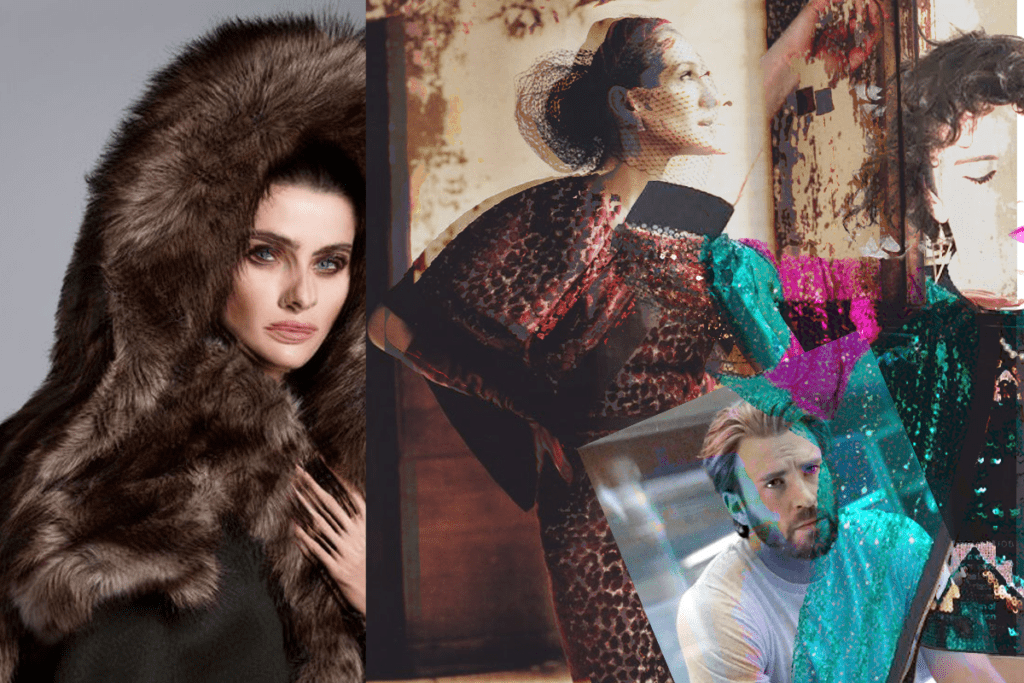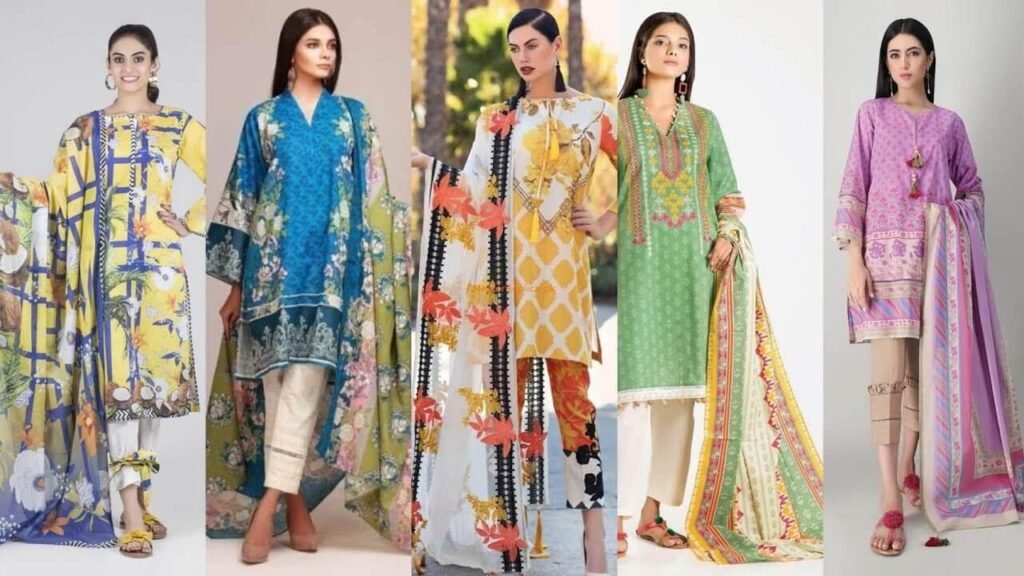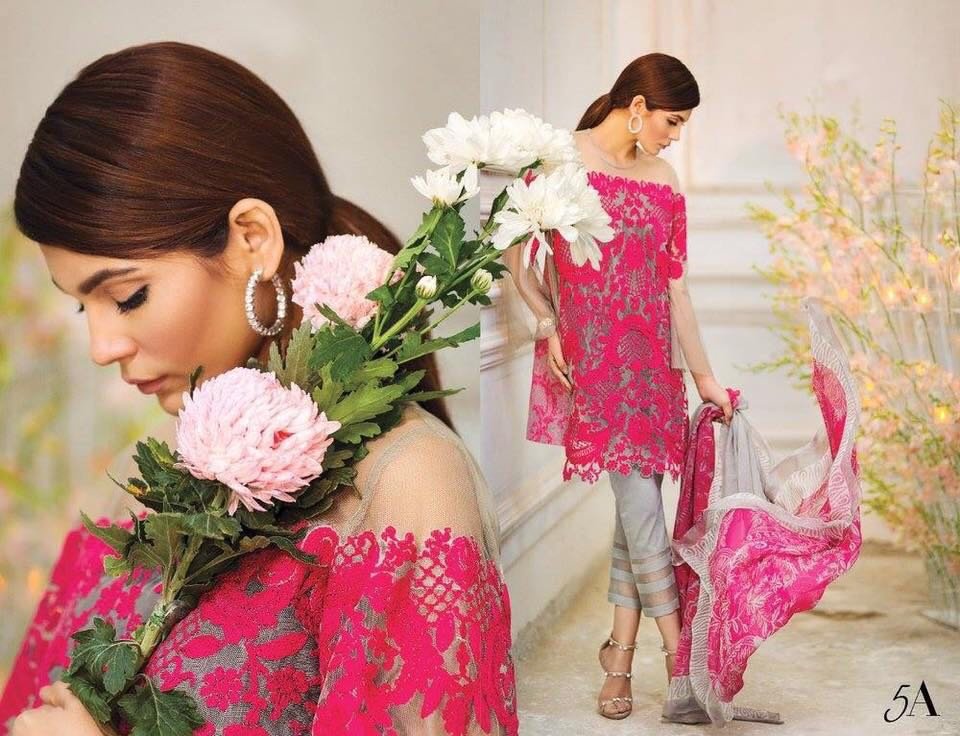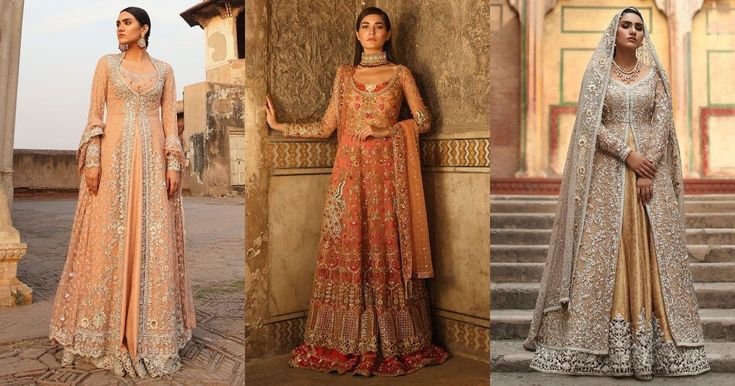Fashion is more than just what we wear; it’s a reflection of our culture, a way to express ourselves, and a tool for communication. It shapes our identities and can even be used for social mobility. The fashion industry is a major player in the global economy, but it also has a significant impact on our society and values.
How Fashion Affects Society: Human Civilization
Fashion is not just about clothing; it is a form of cultural expression that reflects the values, beliefs, and aspirations of a society. Throughout history, people have used clothing and accessories to communicate their social status, religious affiliations, and political allegiances. In ancient civilizations, such as Egypt and Mesopotamia, elaborate garments and jewelry were reserved for the ruling elite, serving as symbols of power and authority. Similarly, in medieval Europe, sumptuary laws regulated the types of clothing that different social classes were allowed to wear, reinforcing the existing social hierarchy.


As societies evolved and became more interconnected, fashion became a means of cultural exchange and cross-cultural communication. The Silk Road, for example, facilitated the exchange of textiles, dyes, and designs between different regions, leading to the spread of new fashion trends and styles. Similarly, the Age of Exploration brought European fashion to the far corners of the globe, influencing local dress customs and creating hybrid styles that reflected the blending of different cultural traditions.
How Fashion Affects Society: The Power of Self-Expression
Fashion is deeply intertwined with individual identity and self-expression. The clothes we wear, the hairstyles we choose, and the accessories we adorn ourselves with are all ways of expressing our personalities, values, and beliefs. In this sense, fashion serves as a form of nonverbal communication, allowing us to signal our affiliations, aspirations, and social roles to others.
Moreover, fashion has the power to shape our perceptions of ourselves and others. Studies have shown that the clothes we wear can influence our cognitive processes and behavior, affecting our self-confidence, assertiveness, and mood. In other words, when we dress in a certain way, we not only project a certain image to the outside world but also internalize that image, affecting our self-image and self-esteem.
Fashion as a Mirror of Social Change
Fashion is not static; it is constantly evolving in response to changes in society, technology, and culture. As such, it serves as a mirror of social change, reflecting shifting attitudes towards gender, sexuality, race, and class. For example, the emergence of unisex clothing in the 1960s and 1970s challenged traditional gender norms and paved the way for greater gender equality in fashion. Similarly, the rise of streetwear in the 1980s and 1990s represented a democratization of fashion, breaking down barriers between high and low culture and redefining notions of luxury and exclusivity.
Read Also Why is Fashion Important: More Than Just Clothes .
In recent years, fashion has also played a pivotal role in promoting diversity and inclusivity. The body positivity movement, for instance, has led to greater representation of diverse body types in fashion imagery and advertising, challenging conventional beauty standards and promoting a more inclusive vision of beauty. Similarly, the push for greater diversity on the runways and in fashion media has sparked important conversations about race, representation, and cultural appropriation in the industry.
How Fashion Affects Society: Fashion as a Reflection of Culture
Fashion trends are often influenced by cultural events, movements, and social changes. For example, the hippie movement of the 1960s saw a rise in casual and colorful clothing, reflecting a rejection of traditional values. Similarly, the recent focus on sustainability has led to an increased demand for eco-friendly fashion.


How Fashion Affects Society: Fashion and Communication
Fashion can also be a form of communication. The clothes we wear can send signals to others about our social status, our profession, or even our mood. For example, a business suit might communicate professionalism, while a swimsuit might communicate that you’re ready for fun in the sun.
The Influence of Fashion Bloggers on Pakistani Society
In today’s digital age, social media and fashion blogging have revolutionized the way Pakistanis consume and engage with fashion. Pakistani fashion bloggers have become powerful influencers, shaping trends, promoting local brands like Khaadi and Maria B., and challenging traditional notions of authority and expertise within the industry.
With their authentic voice and personal style, Pakistani fashion bloggers like Maham Batool (fashion & travel) and Lyla Sheikh (beauty & skincare) have democratized fashion commentary, making it more accessible and relatable to a wider Pakistani audience. This influence extends beyond just clothes, with bloggers sparking conversations about modesty, cultural expression, and ethical fashion.


Bloggers like Usman Jatoi (content creator & model) have redefined Pakistani menswear, showcasing a wider range of styles that resonate with a younger generation. In doing so, Pakistani fashion bloggers have empowered individuals to embrace their own unique style and celebrate their individuality, contributing to a more vibrant and diverse fashion scene in Pakistan.
The Impact of Fashion on Society: What, Why, When, Where
Fashion is not just about aesthetics; it is a powerful force that shapes our perceptions, attitudes, and behaviors. It influences the way we present ourselves to the world, communicates our values and beliefs, and reflects broader social changes. As such, it is important to critically examine the impact of fashion on society and consider how it can be harnessed for positive change.
Moving forward, the fashion industry must continue promoting diversity, inclusivity, and sustainability. By embracing diverse voices and perspectives, challenging traditional beauty standards, and promoting ethical and sustainable practices, fashion can become a force for positive social change. Ultimately, by recognizing the profound influence of fashion on society, we can harness its power to promote greater understanding, empathy, and inclusivity in our communities.
The Future of Fashion
The fashion industry is constantly evolving, and it will be interesting to see how it continues to shape our society in the years to come. With a growing focus on sustainability and social responsibility, we can expect to see more ethical and eco-friendly fashion in the future.
FAQs
A: Fashion influences our self-expression, social interactions, cultural connections, economic decisions, and environmental awareness on a daily basis.
A: Fashion serves as a means for individuals to celebrate their cultural heritage, express pride in their roots, and engage with diverse cultural aesthetics.
A: Ethical considerations in fashion include fair labor practices, sustainable production methods, environmental impact, and cultural sensitivity in design and representation.
A: Individuals can promote sustainable fashion practices by choosing eco-friendly materials, supporting ethical brands, embracing slow fashion principles, and advocating for industry transparency.




